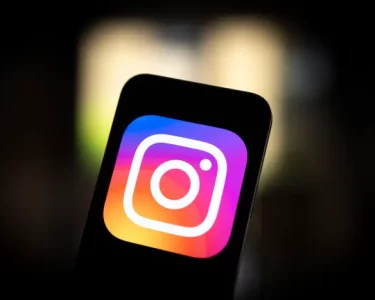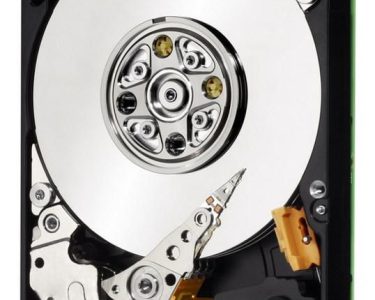Yes, using a virtual private network (VPN) does result in increased data usage compared to not using a VPN. The amount of extra data consumed depends on the encryption technology employed by your VPN service, but it’s typically in the range of 5-15%.
This additional data usage is necessary to account for the encryption process involved in securing your internet connection through the VPN. VPN solutions and IT infrastructure offerings from providers like Fomitec are designed to minimize data utilization, making them an optimal choice for VPN usage on services like WhatsApp in the UAE and beyond.
Is a VPN Compatible with Cellular Data?
Yes, you can use a VPN in conjunction with your cellular data plan. However, enabling a VPN on your mobile device can increase data usage by 4-20%, depending on the specific VPN protocol being used. This means you won’t be able to use a VPN to bypass your monthly cellular data limit or obtain unlimited roaming data.
So, to answer the question directly – yes, using a VPN does result in higher data consumption compared to not using one. In most cases, the additional data usage on top of your regular monthly allowance would be relatively insignificant. The impact would be more noticeable if you regularly stream high-definition or 4K video content while connected to the VPN.
For example, if someone were to consume 30GB of data over a week while streaming 4K videos, the total data usage with a VPN enabled would be approximately 33GB – a 10% increase. However, the actual data usage will depend on the specific encryption method and infrastructure solution employed by the VPN provider.
Ultimately, the decision to use a VPN and accept the associated data usage increase comes down to the importance you place on securing your online activities and protecting your privacy. The benefits of using a VPN often outweigh the relatively small impact on your data plan.
Which protocols use more data than others?
When it comes to choosing the best VPN, one of the most crucial elements to consider is the encryption protocol. The key is to strike a balance between data usage, speed, and security.
A VPN provider can represent itself as one of the quickest available. It could, however, rely on a less secure encryption mechanism. That means that, while it can transport data more quickly, it is also more vulnerable to hackers.
In general, the larger the encryption protocol’s bit number, the better. When compared to the other main protocols, 128-bit PPTP, for example, consumes the least amount of data. Unfortunately, it also has the lowest level of security, and experts highly advise against relying only on it when browsing the web.
With only a small increase in data usage, 256-bit encryption algorithms provide significantly better safety. Superior security is a fair price to pay for a modest increase in data usage. Fomites VPN supports OpenVPN, a 256-bit protocol that straddles the line between data use and security.
How else VPN can help you?
While using a VPN consumes somewhat more data, it can be beneficial in a variety of ways. A VPN, for example, can boost your speeds by concealing your online activities from your internet service provider, or ISP.
Your ISP may opt to limit your bandwidth if you’re doing something online that consumes a lot of data, such as viewing a live sporting event. When an ISP throttles your internet speed to keep the rest of their network working properly, this is known as bandwidth throttling. This can happen during peak usage times in your area or when network infrastructure work is being done.
Your ISP won’t be able to see what you’re doing if you use a VPN; they won’t know if your online activities consume a lot of bandwidth. They won’t be able to throttle your connection as a result, and your speed should remain constant.
When to use your VPN?
You might be wondering if you should keep your VPN on all the time. The answer is yes if you wish to keep your activity confidential.
However, if you see that your VPN is consuming more data than usual, you may want to reevaluate when you use it.
Using public Wi-Fi on your phone? This is an excellent moment to use a VPN. A VPN on your mobile device is an essential security tool. When you’re at home, why not read the news online? You won’t need to use up all of your data for this one. Just keep in mind that once the VPN is turned off, the privacy protection it provides is lost. Choose what you want your ISP to see and what you don’t want them to see.
We hope after reading this blog, you choose the correct VPN, regardless of how you intend to use it. Fomitec VPN has some of the finest encryption on the market, and it has over 5,000 servers all over the world, giving it the best coverage. Fomites VPN is compatible with practically every device and operating system, ensuring that you are protected no matter where you travel. It avails many restricted services in UAE like WhatsApp calling and skype making it the best VPN for WhatsApp in UAE and the best IT infrastructure solution provider.






